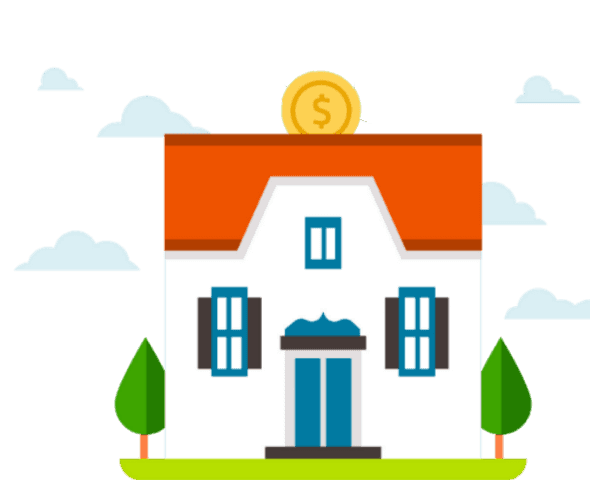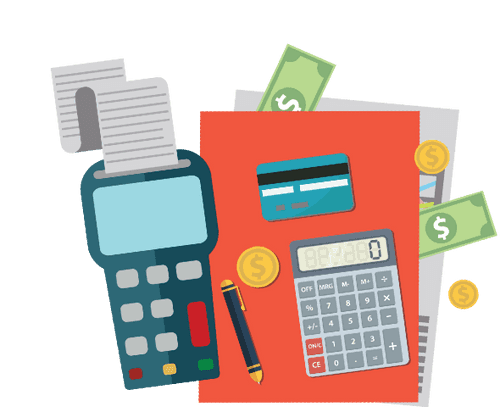With a new year comes the opportunity to set goals and work toward them. For many, that means purchasing a home and finally entering the housing market. This is a major financial commitment that comes with making some important decisions like choosing a mortgage rate.
A common one many prospective buyers face is choosing between a fixed-rate or variable-rate mortgage. To make things easier on you, here’s a breakdown of each so you can get familiar and make the right choice with confidence.
What is a variable mortgage rate?
A variable-mortgage rate changes over time and is based on a benchmark rate. This rate is determined by the mortgage lender and adjusted based on the prime rate set by the Bank of Canada. Typically, a variable rate is lower than the fixed rate but it also comes with the risk of going up based on how the economy is doing. This could be a great option if you want to take advantage of a lower rate at the start and hope for a rate decrease during your mortgage term.
Pro Tip: Consider the state of the economy before securing a variable rate because it’s only a good option if you’re able to budget for potential rate hikes. For example, in 2022, rates increased a record number of times, which resulted in the rise of variable-mortgage payments.
What is a fixed mortgage rate?
Fixed mortgage rates are influenced by the long-term Government of Canada bond rates. This means your interest rate will stay the same throughout the period of your mortgage, and you’ll know exactly what you’ll be paying until the end of your term. Many people feel comfortable with this option because it allows them to budget with no surprises. However, the only downfall is that fixed rates are higher than variable rates.
Pro Tip: A fixed rate is ideal if interest rates are considerably low and you want to secure a rate while avoiding potential increases. It also provides you with predictable and consistent payments, so you can avoid any unexpected market fluctuations.
So, which mortgage rate should I choose?
There is no correct answer to this question! Choosing between a fixed and variable mortgage is a personal choice and one that we hope you’ll feel more comfortable making after reading this article. It’s important to note that as of January 2023, the prime lending rate in Canada is 6.45%. As a refresher, this number is used by mortgage lenders to set interest rates for variable mortgage loans. With lingering inflation, there’s a chance that rates may continue to rise throughout the year. So, both fixed and variable mortgage rates will likely be higher than usual.
Pro Tip: Getting a fixed mortgage is likely your best bet if you feel more comfortable with knowing exactly what you’ll be paying each month until your mortgage term ends.
If 2023 is your year to buy a home, Homewise is here to help! We know the mortgage application process can be tricky but by applying online in just five minutes, you’ll be connected to a dedicated mortgage advisor who can assist you every step of the way.







